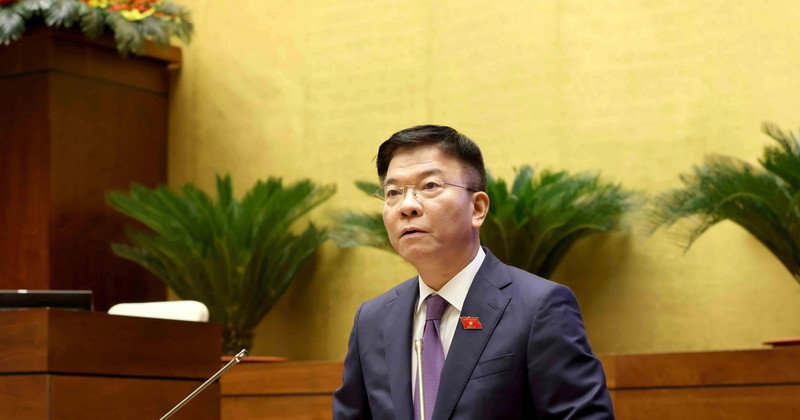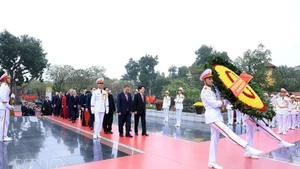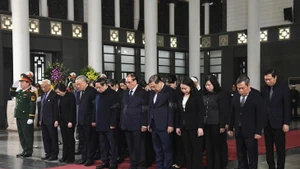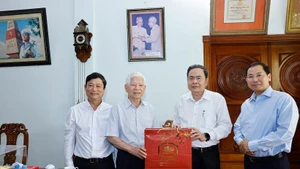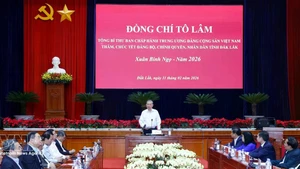Presenting the proposal to the NA, Deputy Prime Minister Le Thanh Long said that the drug situation in the region, the world and neighbouring countries is growing increasingly complicated and serious, directly affecting and increasing the risks and pressure on drug control efforts in Vietnam.
Long noted that the domestic drug situation remains highly complex and unpredictable, with an upward trend in the numbers of cases, individuals involved and volumes of drugs seized.
“The numbers of drug addicts and illegal drug users remain very high, spanning all social classes, age groups, and localities,” he said.
He went on to say that the number of communes, wards and towns nationwide facing drug problems has not decreased and accounts for a significant majority of 83.7%.
Of the total proposed amount of investment, the central budget would pay nearly 17.72 trillion VND, local budgets nearly 4.67 trillion VND and funds from other legal sources are estimated at 50 billion VND.
Presenting a report evaluating the government's proposal, Nguyen Thuy Anh, Chairwoman of the NA’s Committee on Social Affairs, said that the total proposed funding for the programme is significantly lower than that for other national target programmes.
However, she emphasised that, given the substantial expenditure for development investment and social welfare during the 2026-30 period, the proposed allocation is appropriate.
To ensure timely and effective funding for the programme, the committee recommended that the agency in charge of devising the programme clarify the principles, criteria and levels of the allocation of capital from the central budget, as well as the cost-sharing ratio of local budgets for implementing the programme, Anh said.
The committee also called for specific plans for capital allocation along with focused investment to avoid fragmentation and waste, prioritising difficult and key areas.
The committee recommended that the leading agency in charge of developing the programme continue to review the general objectives to ensure they are comprehensive and holistic, combining prevention and control efforts, as well as reducing supply, demand and the harmful effects of drugs, thereby forming the foundation for setting specific targets.
It also suggested continuing to verify and align the objectives and targets with the core tasks and the funding capacity available for implementing the projects.
The committee held that for effective drug prevention and control, the involvement of the entire political system and the people is essential. Therefore, it suggests adding tasks, allocating funds, and enhancing the role of the Vietnam Fatherland Front Central Committee and other socio-political organisations, especially the Women's Union at all levels, in drug prevention and control efforts, Anh said.
